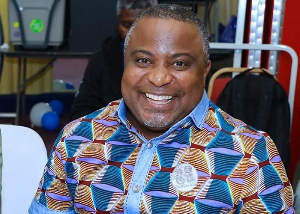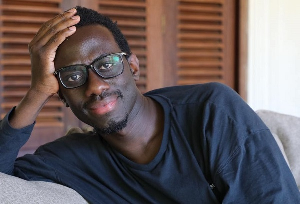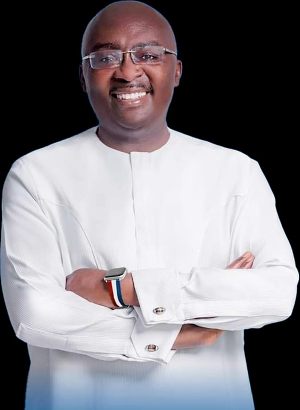- Home - News
- TWI News | TV
- Polls
- Cartoons
- Year In Review
- News Archive
- Crime & Punishment
- Politics
- Regional
- Editorial
- Health
- Ghanaians Abroad
- Tabloid
- Africa
- Religion
- Election 2020
- Coronavirus
- News Videos | TV
- Photo Archives
- News Headlines
- Press Release
- News Blogs
Business News of Friday, 13 September 2024
Source: thebftonline.com
Investor confidence in mineral exploration wanes
Investor confidence in the mineral exploration sector has been rattled by policy inconsistencies, fiscal challenges and land access issues, according to industry experts.
Despite the country’s prominent role in global gold production, these issues have contributed to a contraction in exploration budgets; a situation that poses risks to the sector’s long-term sustainability.
Industry data suggest that Ghana has moved from third to the fourth-largest recipient of earmarked exploration funds within the region at end-2023. At the regional level, inflows into exploration projects in Africa shrank in 2023 by 3.4 percent from US$1.3billion in 2022.
It is instructive to note that Cote d’Ivoire overtook Mali as Africa’s largest recipient of exploration capital.
At the recently held 1st WAIMM Geology, Exploration, Drilling and Mining Conference (GEM 2024), Dan Bansah, Chairman and Managing Director- MINECON Resources and Services Limited and fellow of WAIMM, stressed the importance of exploration to Ghana’s future in the global mining industry.
“We have to sustain growth in gold production by identifying new sources of ore and developing new mining projects,” he said. Bansah emphasised that population growth, particularly in Africa, will drive the demand for minerals.
He warned that without continued exploration Ghana risks losing its position as a top producer.
However, despite the need for investment in exploration, government policy inconsistencies and land access issues have deterred investors.
Mr. Bansah highlighted that one of the key challenges facing investors is difficulty in accessing land due to prevalence of small-scale and illegal mining activities. He further noted that high taxes imposed on exploration services have reduced the appetite for investment in Ghana’s mining sector.
“There are restrictions in accessing land and the fiscal regime around exploration is quite high,” Mr. Bansah explained. “These factors are making it less attractive for investors.”
According to WAIMM President and Executive Secretary Lawrence Omari-Mensah, the sector’s funding challenges are compounded by global economic pressures.
“Funding for global mineral exploration has been impacted by corporate strategies and global issues,” Omari-Mensah said during an interview at the conference.
“Companies, both large and small, are now forced to innovate in order to meet their reduced budgetary allocations while still aiming to discover new mineral deposits,” he added.
Industry data reveal that global budgets for exploration projects fell from US$13.1billion in 2022 to US$12.8billion in 2023, representing a 2.5 percent decline. The reduction was primarily driven by cuts in gold exploration, which saw a 15.6 percent decrease from US$7billion to US$5.9billion.
In contrast, there were notable increases in exploration funding for critical minerals such as lithium, cobalt and copper. The lithium budget, for example, surged by 77.5 percent to US$829.6billion in 2023.
Despite these financial headwinds, Mr. Omari-Mensah remains optimistic about the sector’s future; particularly as new technologies and innovations are introduced to streamline exploration efforts.
“We’re at a critical juncture where technology can significantly bridge the gaps in exploration,” Mr. Omari-Mensah said.
Harnessing AI, he noted, “will enable us to accelerate the exploration and development of both greenfield and brownfield mineral properties. There’s a lot of potential in technological solutions to mitigate the challenges we’re currently facing”.
The conference also provided an opportunity for stakeholders to discuss the environmental, social and governance (ESG) framework, which has become increasingly important in mining projects. With a growing emphasis on sustainability, companies are under pressure to ensure that their projects meet international standards for environmental and social responsibility.
Organised by the West African Institute of Mining, Metallurgy and Petroleum (WAIMM) in partnership with Atlantic Lithium, the conference aimed to encourage dialogue around exploration and mining investments amid rising global demand for minerals.
The theme of GEM 2024, ‘Finding the Next Big Elephant: Harnessing the Power of AI and Technological Advancement in Mineral Exploration and Mining’, reflected the industry’s focus on leveraging artificial intelligence and other technologies to improve efficiency and reduce costs.











